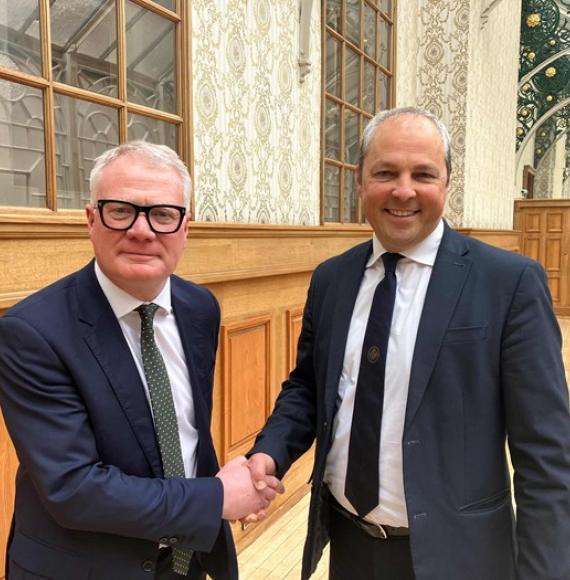A report that has been published by Ofsted today has found that there aren’t enough suitable places that will allow children in the care system to be near family.
Published on Friday, the report found that children who are struggling with mental health problems or have experienced abuse and neglect are highly likely to be living further away from their home prior to coming into care. With the average distance being 36 miles, it was found that these children are actually being placed further away than the average.
The suggestion from the research is that these children are being placed further away from their families because the number of homes is not spread evenly around the regions of the country, leading to a situation where the situation isn’t matching the demand.
Ofsted’s National Director for Children’s Social Care, Yvette Stanley, said:
“Today’s research shows that this is a national challenge. It suggests that Local Authorities are making a difficult choice between placing a child either in a home close by, or in one that is far away but relevant to their needs.
Children need provision of the right care, in the right place, at the right time. And for some children, it is only through a better needs analysis and planning across health and social care at a national level, that they will be able to stay closer to their family and friends.”
The data, from March 2020, shows that only 5% of England’s care homes are in London despite 11% of all children living in homes were placed there by London authorities. In contrast to this, 19% of children placed in homes were placed there by local authorities in the North West, with 25% of all homes being located in that region.
Other findings include:
- There being no link between the types of needs homes indicated that they could accommodate, and their Ofsted inspection grades
- There is a very high proportion of children living in children’s homes with special educational needs (80%) compared with all children being looked after (52%), and all children (15%)
- 80% of homes said that they could accommodate two or more areas of needs, with only 20% saying they could only accommodate one area
- The most common among providers was the ability to accommodate children with complex needs (93%), whilst sensory impairment and complex health needs were the least common at 4% and 5% respectively
- 83% of children’s homes that were included in the report were privately owned on the 31st March 2020, an increase of 69% from the same date in 2016.
The report is aiming at contributing to the wider conversation about why there are barriers to achieving sufficiency of places in children’s homes.



















